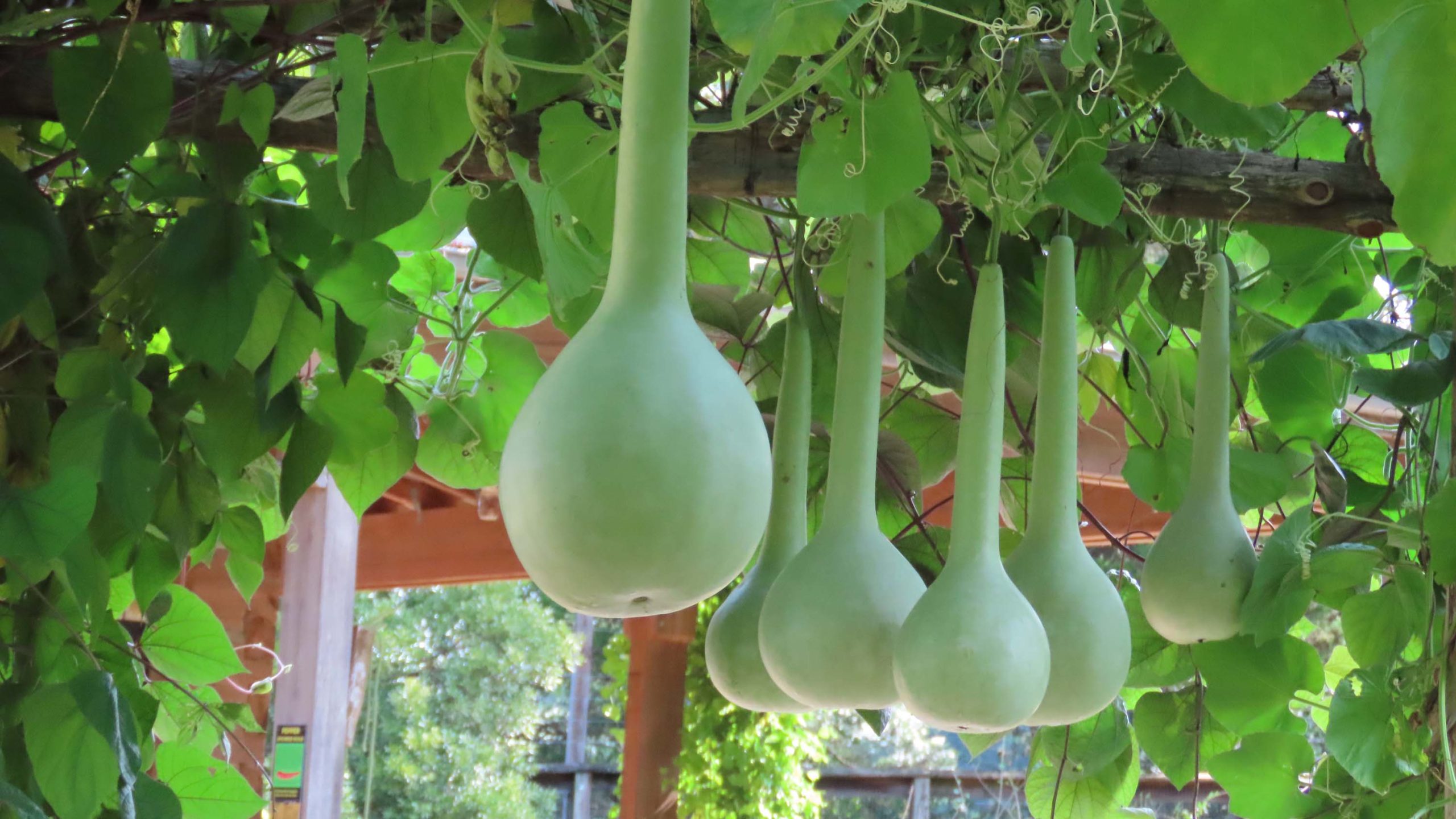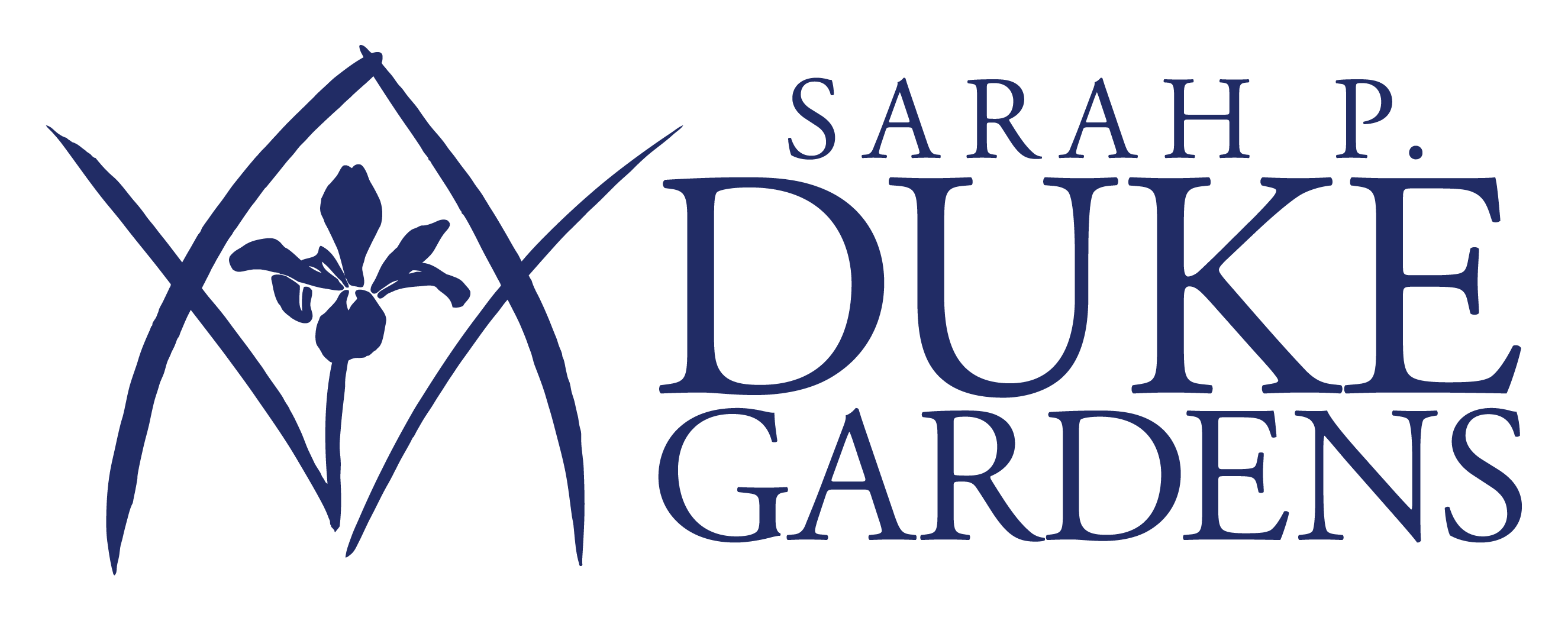Special display in the Charlotte Brody Discovery Garden,
May-October 2024
Duke Gardens grows on the lands of several Native Nations. These peoples have and continue to nurture and celebrate their lands in ways that provide home, shelter and sustenance in relationship with the plants and animals also living here.
The Southeastern Indigenous Peoples garden display in the Charlotte Brody Discovery Garden highlights a selection of plants that have significance and importance to Indigenous peoples of the southeastern U.S., including citizens of the three Cherokee Nations. These collaborations are part of an effort to repair relationships with the peoples, plants and community harmed by ongoing colonization.
Seeds shared by the Cherokee Nation and the Eastern Band of Cherokee Indians and partnerships with Duke University’s Native American/Indigenous Student Alliance, Native American Studies Initiative, Campus Farm and Dr. Courtney Lewis were integral in the creation of this garden honoring Southeastern Indigenous peoples’ plants.

Plants in the Garden
Seeds shared by the Cherokee Nation and the Eastern Band of Cherokee Indians:
- Cherokee Tan Pumpkin (from plants grown by the Duke Campus Farm)
- Seminole Pumpkin (from plants grown by the Duke Campus Farm)
- Cherokee Buzzard Beans
- Cherokee Yellow Flour Corn
- Native Tobacco
- Job’s Tears
- Purple Hyacinth Bean
Additional seeds:
- Georgia Candy Roaster Squash from Baker Creek Heiloom Seeds
- Dutch Fork Pumpkin from Sow True Seed
- Dipper Gourd from Native Seed Search
- Bushel Gourd from Southern Exposure Seed Exchange
- Turkey Craw Pole Beans from Southern Exposure Seed Exchange
- Cherokee Long Greasy Bean from Southern Exposure Seed Exchange
- Cherokee Trail of Tears Beans from Baker Creek Heirloom Seeds
- Cherokee White Flour Corn from Southern Exposure Seed Exchange
- Glass Gem Corn from Baker Creek Heirloom Seeds
- Job’s Tears from Baker Creek Heirloom Seeds
Learn more about, and connect with, Southeastern Indigenous Peoples.
Learn More ›
Questions?
Please contact us at 919-668-1707 or GardensEducation@duke.edu.
